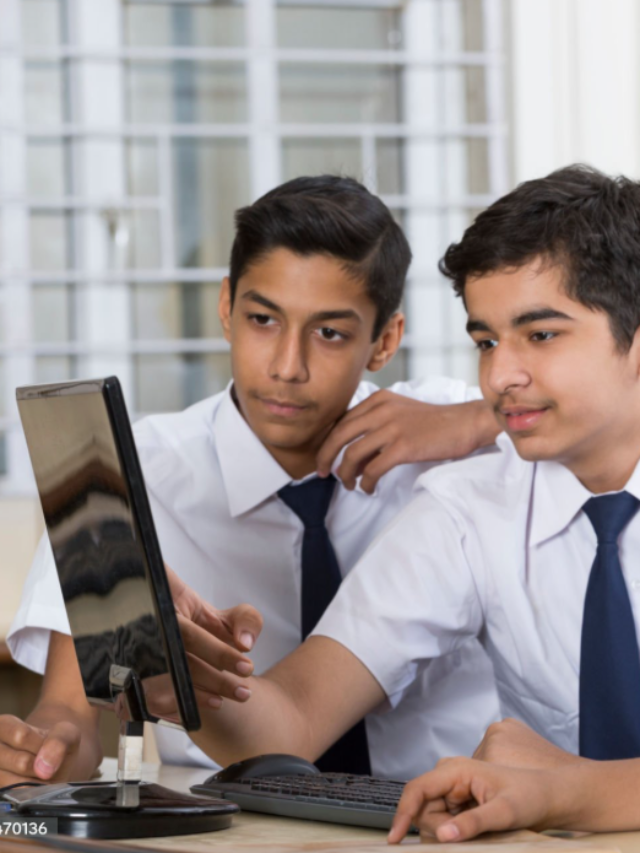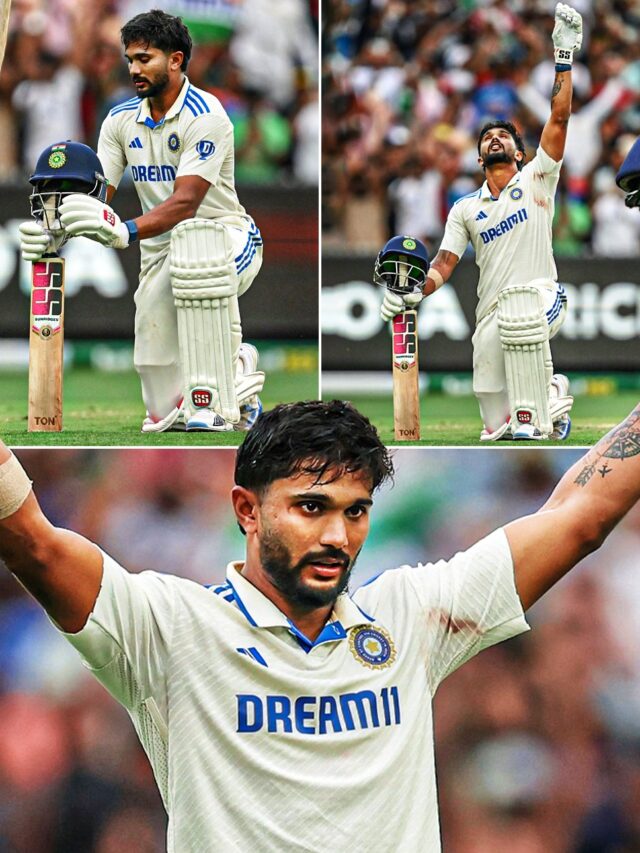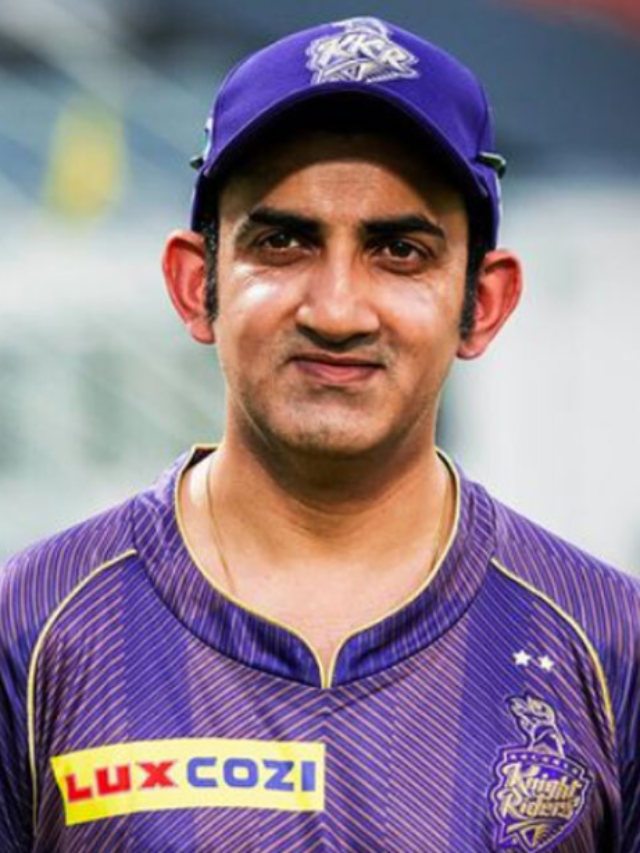The India-Maldives dispute arose following Prime Minister Narendra Modi’s visit to Lakshadweep and subsequent social media comments from Maldivian officials.
Lakshadweep, an Indian Union Territory celebrated for its stunning beaches, hosted Prime Minister Narendra Modi in early January. His social media posts featuring photos and videos aimed to position Lakshadweep as a viable alternative to the Maldives for tourists.
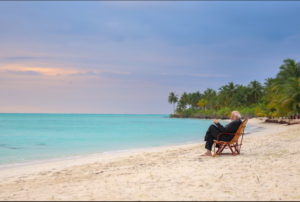
Key highlights to understand the India-Maldives row
1. Prime Minister Modi’s Lakshadweep Visit Sparks Controversy
On January 2nd, 2024, Prime Minister Narendra Modi shared a tweet showcasing his visit to Lakshadweep, inadvertently triggering a diplomatic storm by promoting it as a potential alternative tourist destination to the Maldives.
2. Maldives Upset Over Tourism Competition
Maldivian Tourism Minister Abdulla Mahzoom Majid and MP Mariyam Shiuna expressed dissatisfaction with India promoting Lakshadweep as a competitor to the Maldives’ lucrative tourism industry, accusing India of explicitly targeting the Maldives.
3. Derogatory Comments Escalate Tensions
The situation worsened with derogatory comments on PM Modi.
Though not officially endorsed by the Maldivian government, these remarks, including calling PM Modi a “clown” and “puppet,” caused significant outrage in India.
4. Social Media Conflict Strains Bilateral Ties
The social media conflict strained the previously friendly ties between India and Maldives, impacting their strategic security interests and close cultural links.
Official channels expressed concern, urging Maldivian authorities to take action against offensive language.
5. Geopolitical Context Adds Tension
Beyond tourism rivalry, the incident is tied to the broader geopolitical context. The Maldives’ recent shift towards closer ties with China might contribute to the underlying tension.
6. Governments Work to De-escalate
Both governments are actively working to de-escalate the situation. The Maldives’ swift action in suspending officials and offering apologies signals a desire to maintain strong ties with India.
7. Maldives Suspends Officials and Apologizes
The Maldivian government suspended three deputy ministers responsible for derogatory remarks about PM Modi on social media, acknowledging the seriousness of the situation and emphasizing the importance of strong India-Maldives relations.
8. Disciplinary Action Against Officials
Malsha Shareef, Mariyam Shiuna, and Abdulla Mahzoom Majid, who worked for the Ministry of Youth Empowerment, Information, and Arts, faced disciplinary action for their comments against PM Modi on social media.
9. PM Modi’s Visit Beyond Tourism
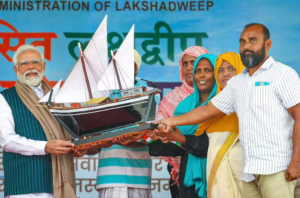
PM Modi’s visit was not just about tourism promotion; he inaugurated a submarine optical fiber connection and laid the foundation for healthcare and educational projects in Lakshadweep, aiming to improve the archipelago’s social and economic development.
10. Controversy Impacts Indian Travel to Maldives
The controversy negatively impacted Indian travel plans to the Maldives, with calls for unofficial boycotts reflecting public anger.
- Some Indian celebrities expressed discontent over the Maldives officials’ remarks, further highlighting the sensitivity of the situation.
This entire incident underscores the significance of bilateral relations, showcasing how the potential for social media outbursts from both countries can disrupt ties. The India-Maldives dispute, revolving around a handful of tweets and posts, exemplifies the intricate interplay between tourism and geopolitics in shaping international relations.
Thanks
Happy reading!!


